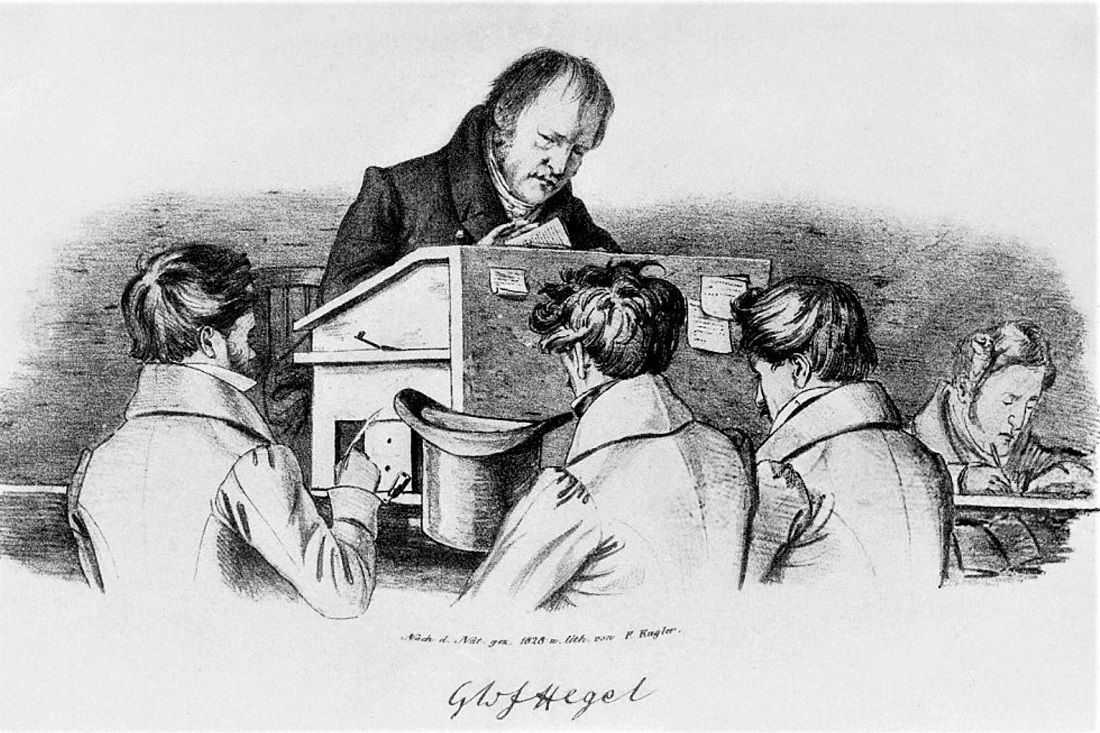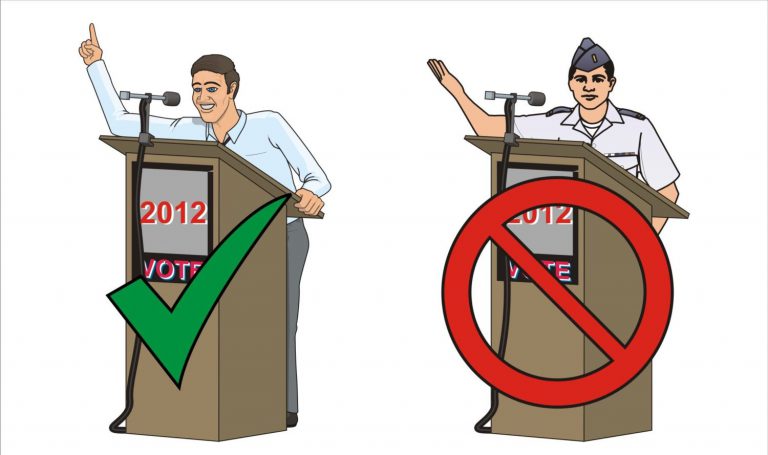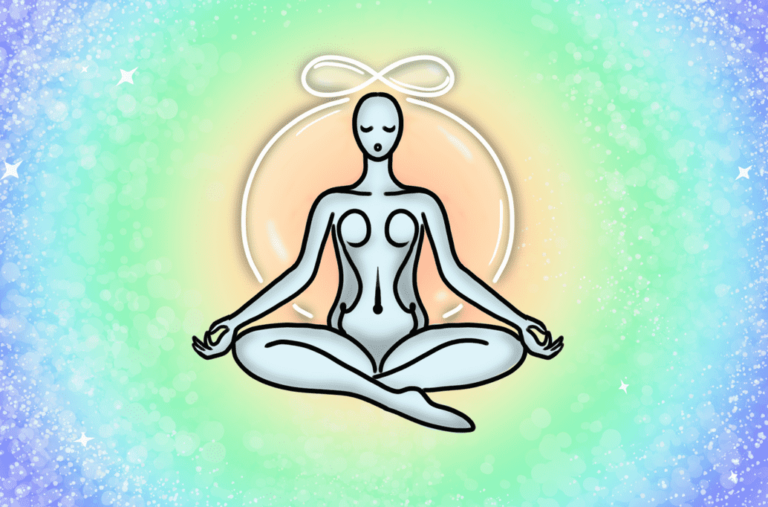Dialectical Idealism of Hegel can solve intolerance

The world is speedily finding itself saturated with information creating an information ecosystem where people are aligning themselves on extreme ends of the spectrum. This is seen to be creating deep conflicts among people over opinions, beliefs, and even disagreements on facts and concepts. Increasing polarization in politics and unprecedented differences being vocalized by the news media is a testament to the intolerant sentiments of today’s world. Is dialectical idealism a solution to this?
Intolerance, often seen in varied forms of extremism, is already a deeply concerning issue that is being witnessed in the world. The rise of white supremacist extremism in the USA through anti-immigrant sentiments, and right-wing religious extremism in India through populist-nationalist agenda are developments being experienced in the world’s oldest and largest democracies, respectively.
You might be of the opinion that certain ideas that are strongly held and attract people through a sense of connection cannot be categorized as extremist. We would all be culprits if it was so. However, there is a difference. Intolerance, in simple words, is the unwillingness to put up with disagreeable ideas and groups and takes extremist and violent expressions through harmful attempts to exclude or coerce.
While stopping the plague of extremism requires governmental intervention, and law enforcement solutions, intolerance also needs to be addressed right at the roots through preventive solutions. Preventive solutions include reminding people of the core values of democracy, tolerance, inclusivity, and decorous discussions as well as celebrating these virtues of successful societies.
Therefore, as important as it is to be informed and aware, it is also important to be conscious of the differing opinions and not to be afraid of contradictions but to understand them as opportunities to reach the truth. This is where Hegel’s dialectical idealism helps us to engage with our intellectual enemies rather than resort to harmful methods of exclusion or coercion.
Hegel’s dialectical idealism is a progressive understanding of ideas that can help in curbing the rise of intolerance in our societies by challenging the shrinking space of opposition and conflicting ideas.
What is dialectical idealism?
Dialectic simply refers to the logical discussion of ideas and opinions. It can be said that every one of us engages in dialectical pursuits every day. However, dialectical idealism together is getting a little difficult to practice these days.
Hegel’s dialectical idealism means that every idea (thesis) gives rise to a counter idea (antithesis) and the original idea and counter idea merge to give rise to a new idea (synthesis). It is a continuous cycle in which then, the synthesis itself acquires the status of a thesis and gives rise to its own antithesis. This process goes on. Synthesis is not the final word. This movement of thought absorbs both the initial idea, and its counter idea which is assimilated within the larger reality.
To simplify it for the sake of understanding, it means that every idea, opinion, or viewpoint even exaggerated or polarizing contains within itself some kernel of truth that drives us closer to the truth. In this sense, Hegel’s theory of dialects is rooted in contradiction or negation. Hegel considered contradictions as the driving force of the whole process of evolution. He believed that the true nature of a thing can be known only if its contradictions are also known.
The theory submits that the most extreme viewpoints contain contradictions that ultimately propel the circulation of discourses. And what Hegel suggests is to recognize that the two conflicting extremes are simultaneously valid even when we don’t agree or believe them. At the same time it is valid and even necessary to challenge ideas as this conflict of opposites itself creates movement, progress, and ultimately a tolerant culture that encourages inclusive dialogue.
Dialectical idealism is an enlightening theory that not only helps us understand the interactions taking place in our society but also teaches us something. It teaches one to acknowledge unfamiliar ideas and conflicting opinions.
Teaching this theory of dialectical idealism to young members of society and spreading even its simplified understanding as adults, students, friends, family members, and concerned citizens can act as a preventive solution to the rising problem of intolerance.
We are becoming lousy thinkers in this information-overloaded age, where we only pay attention to something when it confirms what we already believe. We choose to feed our bias and narrow perspectives instead of positively engaging with all kinds of ideas.
Instead of becoming passive recipients, this theory helps us to develop active and critical thinking. Hegel helps us understand that some truth exists at both extremes and the progressive way forward is to integrate both of the opposites within itself.
It is not enough to only understand something or passionately support an idea or further an ideology. Intolerance will only wither away if we encourage respectful dialogues between conflicting thoughts and constantly urge ourselves and those around us to remain open to all thoughts and views, especially those that are incompatible with our own.
Hegelian dialectic idealism demystifies the cause behind all progress. It is to know that every idea is worth engaging with despite many contradictions, conflicting opinions, or disagreements that we may have.
Featured Image Credits: Church Life Journal








